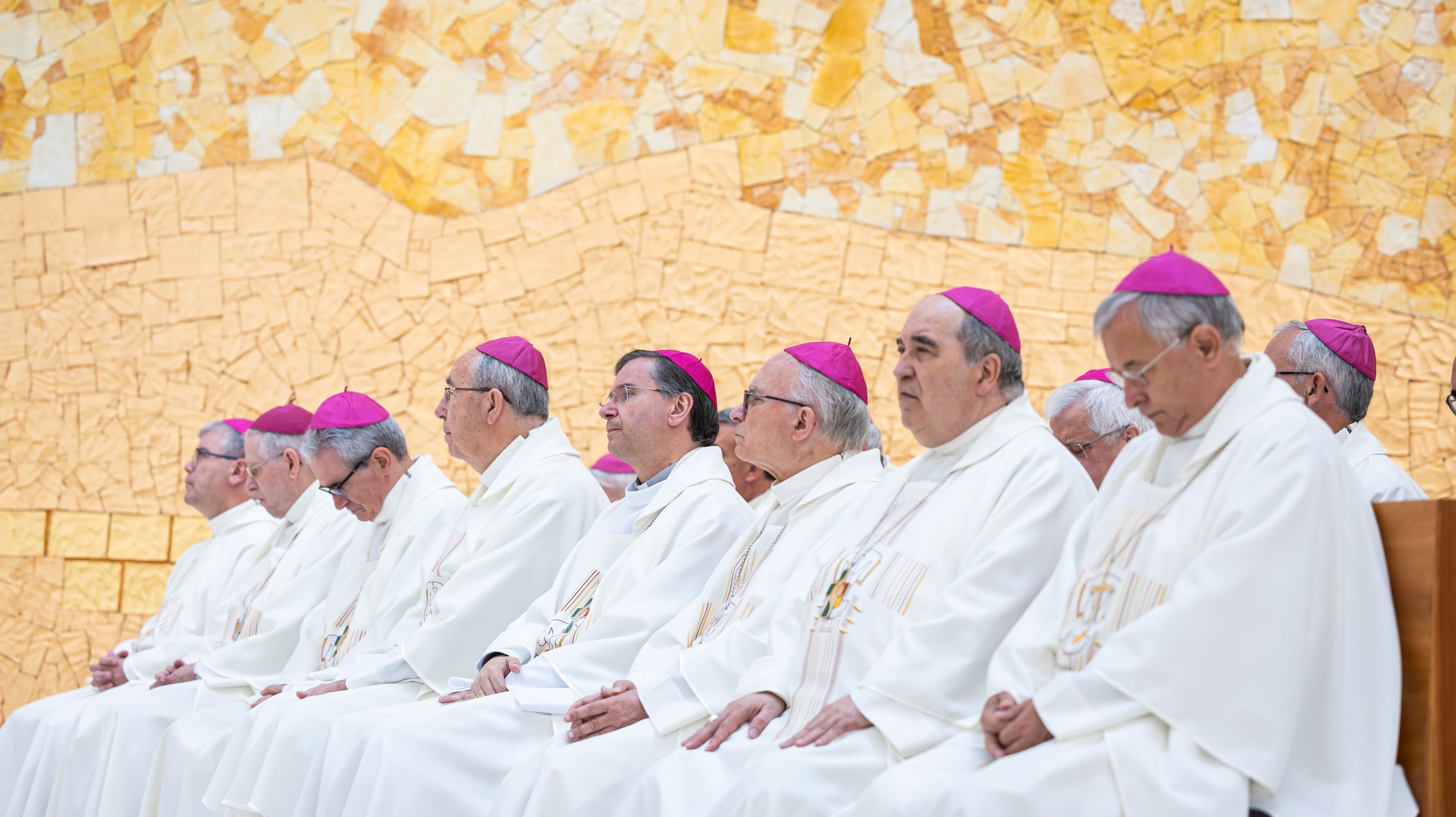Integrating rebuilt families, divorced people, people who are attracted to the same sex, people with disabilities, immigrants and young people are some of the objectives defended by the CEP.
The Catholic Church must “know how to listen to the voices of those who, in some way, feel excluded,” such as reconstructed families, separated people or those who feel attraction towards the same sex. The objective of this consultation should be “to integrate their contribution to the life of the Church.”
This is one of the conclusions of the report. second phase of the synodal process prepared from the contributions of the dioceses and other ecclesial organizations in recent months, and which will now be sent to the General Secretariat of the Synod, whose second General Assembly will take place in October in Rome.
In the eight-page document released this Thursday by the Portuguese Episcopal Conference (CEP), “the need for a continuous renewal of the Church to respond to the real needs of the people and respond to contemporary challenges“.
For this reason, it is important to “value the role of women in ecclesiastical life and ensure that they can participate in decision-making processes, assuming leadership roles, specifically in pastoral and economic councils.”
The objective of parity must be sought, explicitly recognizing the crucial contribution of womennot only in pastoral care and ministries, but also in the mission of the Church among communities,” the document defends.
On the other hand, the participants in this phase of collecting contributions for the CEP proposal for the second General Assembly of the Synod point out the importance of “building the Church around the unit, inclusion Is diversitywelcoming all people (with disabilities, young people, the elderly, the poor, immigrants and those who find themselves on the most varied ‘borders’ of society).”
It is also “necessary to take paths towards unity between Christian communities separated from the Catholic communion, as well as between members of other religions.”
The participation of the laity – without replacing the role of priests in the communities – of young people, taking advantage of the dynamics left by the World Youth Day (WYD) held in Lisbon in 2023, of people with disabilities, integrating them, particularly in pastoral councils as a way of recognizing and valuing their apostolic capacities, are other guidelines highlighted by the synodal report released this Thursday.
The images of the 200,000 people who filled Eduardo VII Park at the beginning of WYD
WYD: The Pope remembers Lisbon Day as “an explosion of light and joy”
The role of charity in the life of the Church, leaving that component of being the “poor relative.”
An effort is required to achieve more proactivity in the consciousness and practice of charity, to welcome, to integrate and, to the extent possible, help in the face of material, cultural, religious and social difficulties,” defend the elements that make up the document.
They also refer to the need to “involve parishes and Private Institutions of Social Solidarity (IPSS) in the creation of reception spaces, coordination with State institutions and civil society on the ground, the creative development of forms of integration of the poor who go beyond well-being.”
A large investment in the continuous training of members of the clergy, in areas such as psychology and teamwork, with internships in more disadvantaged and peripheral communities (prisons, communities where the sick are cared for) or in diverse communities (rural areas /urban, interior/ Also considered urgent are the coast, immigrant communities, communities with ethnic minorities, communities in which the presence of the priest is not so frequent and other realities far from the seminary.
And in the formation chapter it is worth highlighting “the monitoring of emotional and sexual maturation in the formation of ordained ministers.”
The creation of the figure of the “pastoral coordinator”, as a link between the parish priest and the community and the creation of ministries specifically focused on family pastoral care, specifically those of charity and the service of listening and monitoring, with special attention to supporting lonely people, the elderly and people with disabilities, are other suggestions that the Portuguese Catholic Church will send to Rome.
The document is peremptory in advising that “discernment” must continue to be carried out on “doctrinal/pastoral issues that still cause doubts, controversies or disagreements in the life of the Church”, such as “sexual morality, the celibacy of priests, the participation of married priests, possibility of ordination for women.”
On the other hand, he recognizes that “the Church remains very focused on the clergy and on some ‘clericalized’ laity,” which “has several consequences, from the indifference and apathy of many to the lack of commitment of others in the life of the Church.” Church and in its own formation”.
Clericalism, which, among other aspects, manifests itself in a conception of personal privilegein a style of worldly power and refusal of accountability, is a obstacle serious to the exercise of an authentic ordained ministry,” warn the authors of the report.
The contribution of the Portuguese Church to the final phase of the Synod, convened by Pope Francis, which has been taking place since 2021, had as its starting point meetings and sessions with participants of different sensitivities and ecclesiastical bodies, among which were members of councils pastoral, archpriest teams, diocesan council and priests and other reflection groups.
The final document was prepared by a team that included José Eduardo Borges de Pinho, retired professor at the Portuguese Catholic University (UCP), Pedro Vaz Patto, president of the National Commission of Justice and Peace, Father Eduardo Duque, professor at the UCP, Carmo Rodeia, director of the Diocesan Service of Social Communications of the Diocese of Angra, Anabela Sousa, director of the Communications Office of the CEP, and Father Manuel Barbosa, secretary and spokesperson of the CEP.
Source: Observadora
